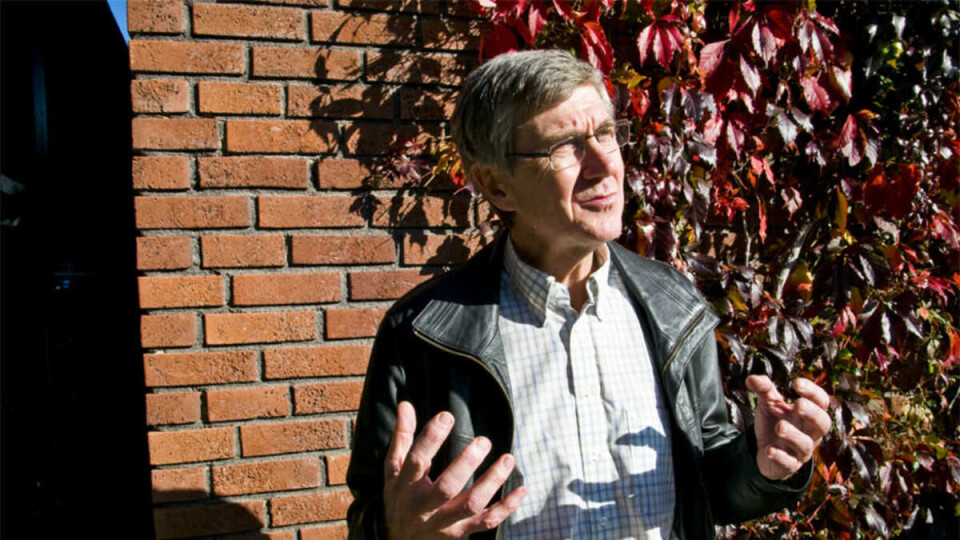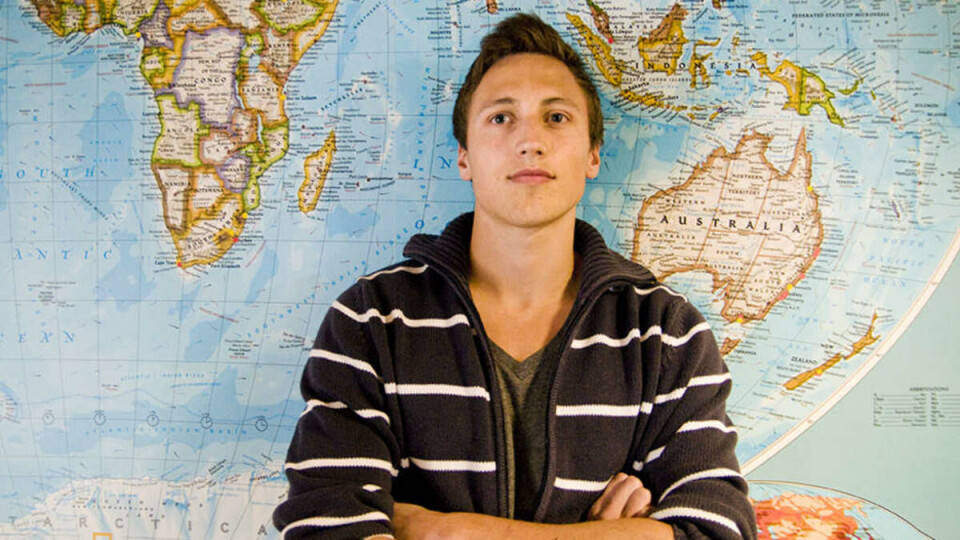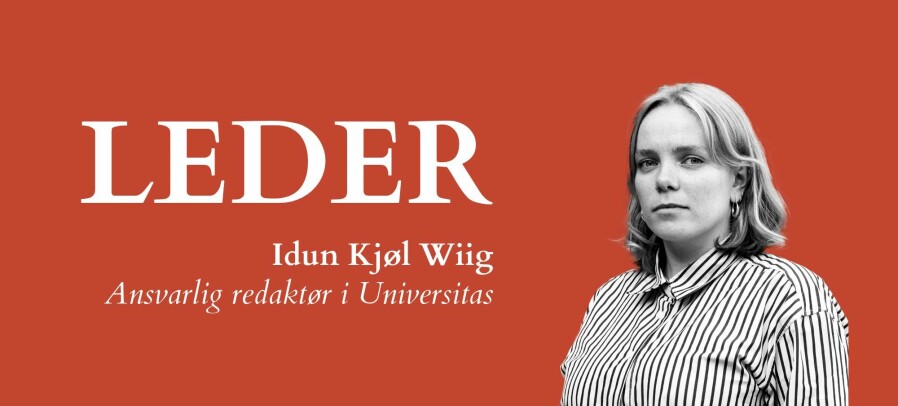
Interdisciplinary prestige studies threatened with close-down
The Faculty of Social Sciences has stopped the admission process on the prestigious study Peace and Conflict Studies. – Meaningless, admits the faculty dean.

Other programmes at the faculty can follow.
– This is a frustrating situation and it is difficult to find a solution to it, says leader of the student council at the Faculty of Social Sciences, Aksel Braanen Sterri.
On September 10th the faculty committee passed a recommendation to stop the admission process on the master’s level in Peace and Conflict Studies (PECOS). In practice, this means that the whole study programme is in danger of being closed down. That is if the University of Oslo can’t find a solution to the problem concerning the payment of the lecturers by the study.
– We regret that we have to go to such measures, says faculty dean Knut Heidar.
A memo to the faculty committee from the economy director reveals that also the management by the interdisciplinary programmes Development Studies, Culture and Communication and International Studies is in doubt that they can manage to mobilize teaching resources next year. Thus these studies also are in danger of having to start an admission stop and, in the worst case, be shut down.
– This is about a fundamental question of financing interdisciplinary programmes. If no solution is presented now, all the interdisciplinary programmes will meet the same problems as us, says Lucas Franco, president of the Student’s Committee by PECOS.
PECOS is one of the most successful programmes by the faculty, with 350 applicants to 20 spaces this year.
No lack of money
The core of the problem is quite simply that the University of Oslo lacks a system that pays lecturers by the interdisciplinary programs, because scientific employees are hired by a specific institute.
– The problem isn’t a lack of money or that the faculty wishes to close down the programme. The Department of Political Science, which PECOS administratively belongs to, has ear marked resources to run it by. That attracts good students; the candidates are attractive on the job market, the international recruiting is good, the programme is based on good disciplinary governments and develops in the interface between the disciplines. In so many ways is it wrong to stop theadmission process, admits Heidar.
Aksel Braanen Sterri agrees in Heidar’s description.
– Everything is set, both in form of resources and enthusiastic lecturers. It’s tragic that a programme is in danger of being closed down when there’s no talk of either lack of resources or wrong prioritization.
– In the long run, the University of Oslo can’t live with the fact that the interdisciplinary programme gets closed down, says Heidar.
Needs a new arrangement
A special agreement between the government and the institutions of higher education that made it possible for the university to pay their scientific employees for lectures and other tasks existed until August 2007. Without this agreement the interdisciplinary programmes can get big problems with getting lecturers from other institutes to follow up each student because the lecturers have to fulfil the work demands by their own institutes before they can lecture by interdisciplinary programmes. The University of Oslo has since 2007 kept the problem at bay with the help from an interim arrangement.
– This arrangement has made it possible for us to keep the study programme going more or less like before, but the arrangement lives on borrowed time and it is now completely necessary to find a new solution, says Heidar.
That is what the background for the faculty committee’s decision is.
No solution
Rector at the University of Oslo, Ole Petter Ottersen, says it is of high priority to avoid a close-down of PECOS. Even so, there are no specific plans to solve the problems. Vice-president Ragnhild Helene Hennum admits that it is indeed a difficult situation.
– We have no specific solutions to present yet. It is not easy to find a solution, and the PECOS situation is an example of problems that several interdisciplinary study programmes struggle with, she says.
If the University of Oslo doesn’t find a solution before the admission numbers for next year get set, the PECOS-admission will be stopped.
Wants to press the management
Last week Universitas wrote about the proposition of time registration of the scientific employees. According to Heidar, this is not the solution the university needs.
– This isn’t just controversial and unacceptable for many. This is no solution because interdisciplinary study programmes will become way more expensive than the disciplinary ones, and because ordinary business can’t be done on an overtime basis, says Heidar.
The Student’s Committee by PECOS is working actively to avoid the admission stops, and wants to press the university management to make specific solutions.
– It’s good that so many people find the situation worrying. If the will to do something is present it should be possible to find a solution, says leader of the student committee Franco.
Simen Tallaksen • Morten Harnang (foto) • Translated by Ingrid F. Brubaker
































